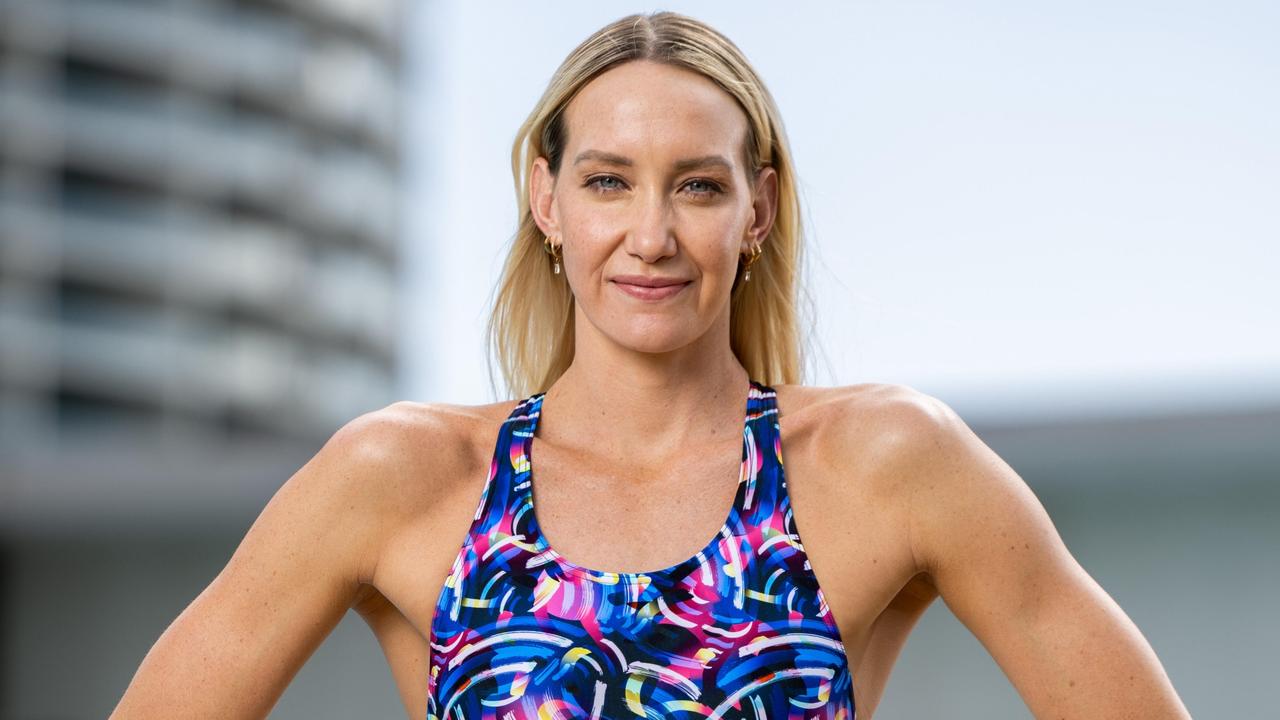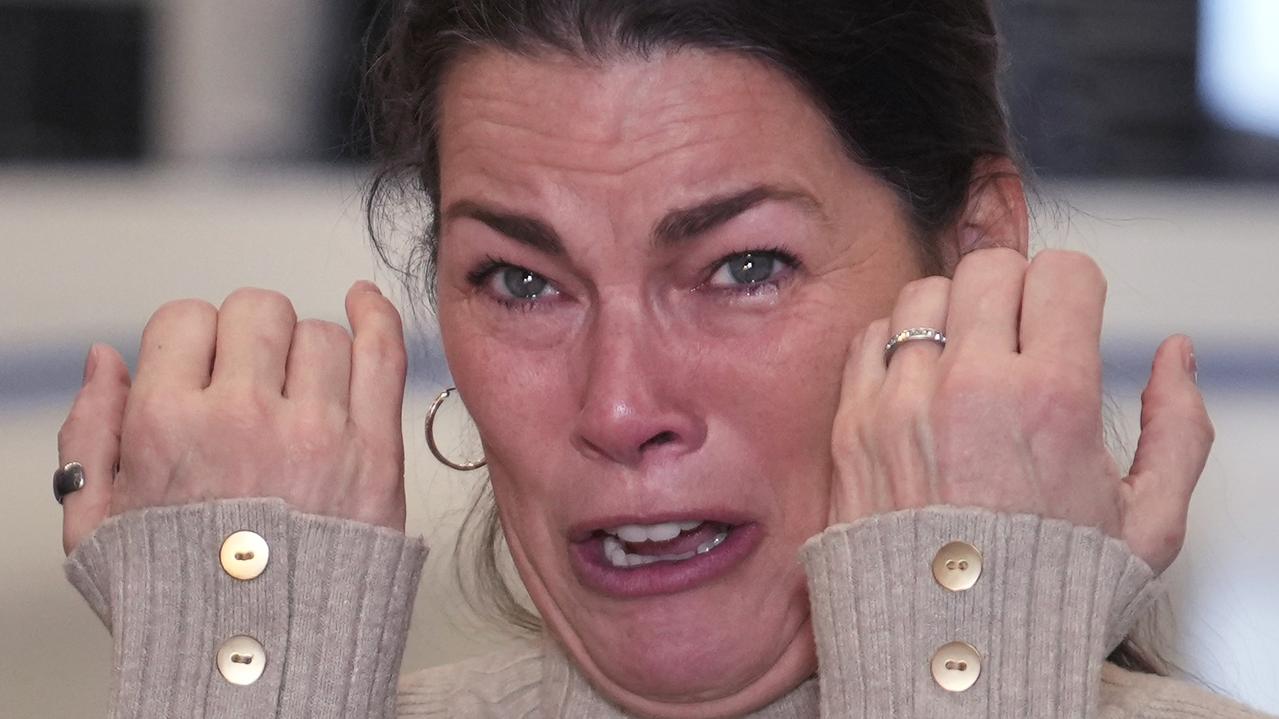ASADA responds to Russia’s four year ban from competition
With Russia banished from all major international sporting competitions, the spotlight now falls on the individuals allowed to compete under a neutral banner in Tokyo.
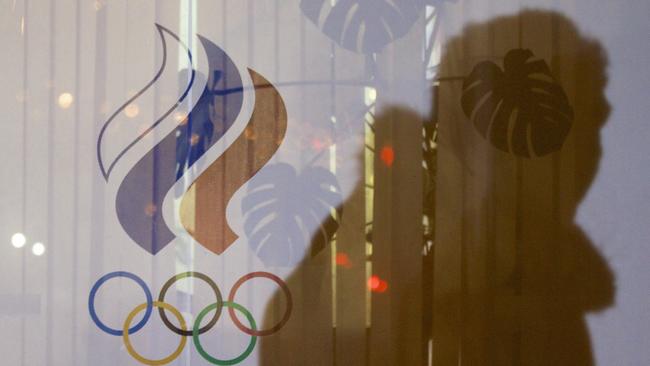
Olympics
Don't miss out on the headlines from Olympics. Followed categories will be added to My News.
ASADA chief executive David Sharpe says any Russian that competes as individuals at the Tokyo Olympics must be subject to the most-stringent anti-doping tests “to restore confidence in world sport.”
The Australian Sports Anti-Doping Authority (ASADA) of which Sharpe leads, believes the decision by WADA to ban Russia for the next four years from all major sporting competitions sends “the strongest possible message.”
“The Russian state sponsored doping campaign is the worst case in the history of anti-doping and must be met with the harshest sanctions possible,” Sharpe said.
Stream over 50 sports Live & On-Demand with KAYO SPORTS on your TV, computer, mobile or tablet. Just $25/month, no lock-in contract. Get your 14-day free trial and start streaming instantly >
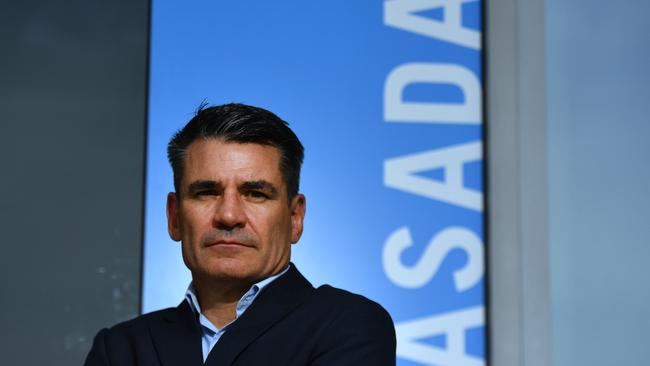
Sharpe claimed Australia holds our athletes to the highest possible standards and “we have an expectation that those standards are upheld globally”.
WADA has given Rusada (Russian Anti-Doping Agency) 21 days to appeal against the ban. If it does so, the appeal will be referred to the Court of Arbitration for Sport (Cas).
Russian athletes who can prove they are untainted by the doping scandal will be able to compete under a neutral flag.
But Sharpe said their participation deserved unprecedented levels of testing.
“It is unfortunate that the entire saga has now impacted clean Russian athletes. But let’s be very clear, this is a direct result of Russian officials manipulating data and casting doubt over all Russian athletes,’’ Sharpe said.
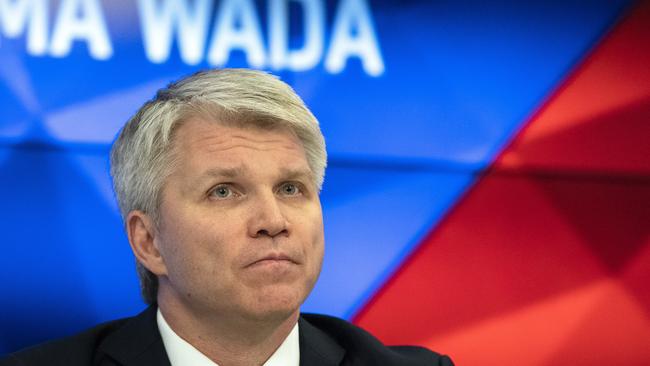
“We must now ensure that Russian athletes competing as individuals are subjected to the most stringent of anti-doping processes to restore confidence in world sport.”
The decision to ban Russia follows a recommendation from WADA’s Compliance Review Committee (CRC) which found the Russian Anti-Doping Agency in violation of the World Anti-Doping Code in what was described by the CRC as “an extremely serious case of noncompliance”.
The ban will cover major sporting events such as the 2020 Tokyo Olympic Games, 2022 FIFA World Cup in Qatar and 2022 Winter Olympics in Beijing.
“What is critical from this point on is that Anti-Doping Organisations globally join together in the fight to hold to account those who subvert the system, whether it be individuals, groups or state sponsored,” Sharpe said.
ANTI-DOPING OFFICIALS SPLIT
The former head of Russia’s anti-doping agency, Grigory Rodchenkov, who fled Moscow after turning whistleblower, welcomed the ban imposed on his country.
“Finally, fraud, lies and falsifications of unspeakable proportions have been punished in full swing,” Rodchenkov said in a statement.
Rodchenkov, who lives in the US under a witness protection program after accusing Russia of widespread doping activities, called for the results of the 2012 London and 2014 Sochi Olympics to “be reanalysed and reconsidered with the new knowledge available today.”
“There is a whole generation of clean athletes who have painfully abandoned their dreams and lost awards because of Russian cheaters. We need to take the strongest action to bring justice back to sport,” he said.
“For too long, Russian doping has detracted from clean sport,” WADA president Craig Reedie added.
“Russia was afforded every opportunity to get its house in order and re-join the global anti-doping community for the good of its athletes and of the integrity of sport, but it chose instead to continue in its stance of deception and denial.”
But Travis Tygart, the outspoken CEO of the US Anti-Doping Agency, accused the International Olympic Committee of having “orchestrated a path for this decision to be appealed to the Court of Arbitration for Sport, thereby setting up CAS as the failsafe to implement even weaker, if any, consequences against these thugs who have been given repeated chances to do the right thing”.
He accused sports leaders of bowing “to the Russian money and influence in failing to adequately deal with this sullen affair years ago”. - AAP
Originally published as ASADA responds to Russia’s four year ban from competition


